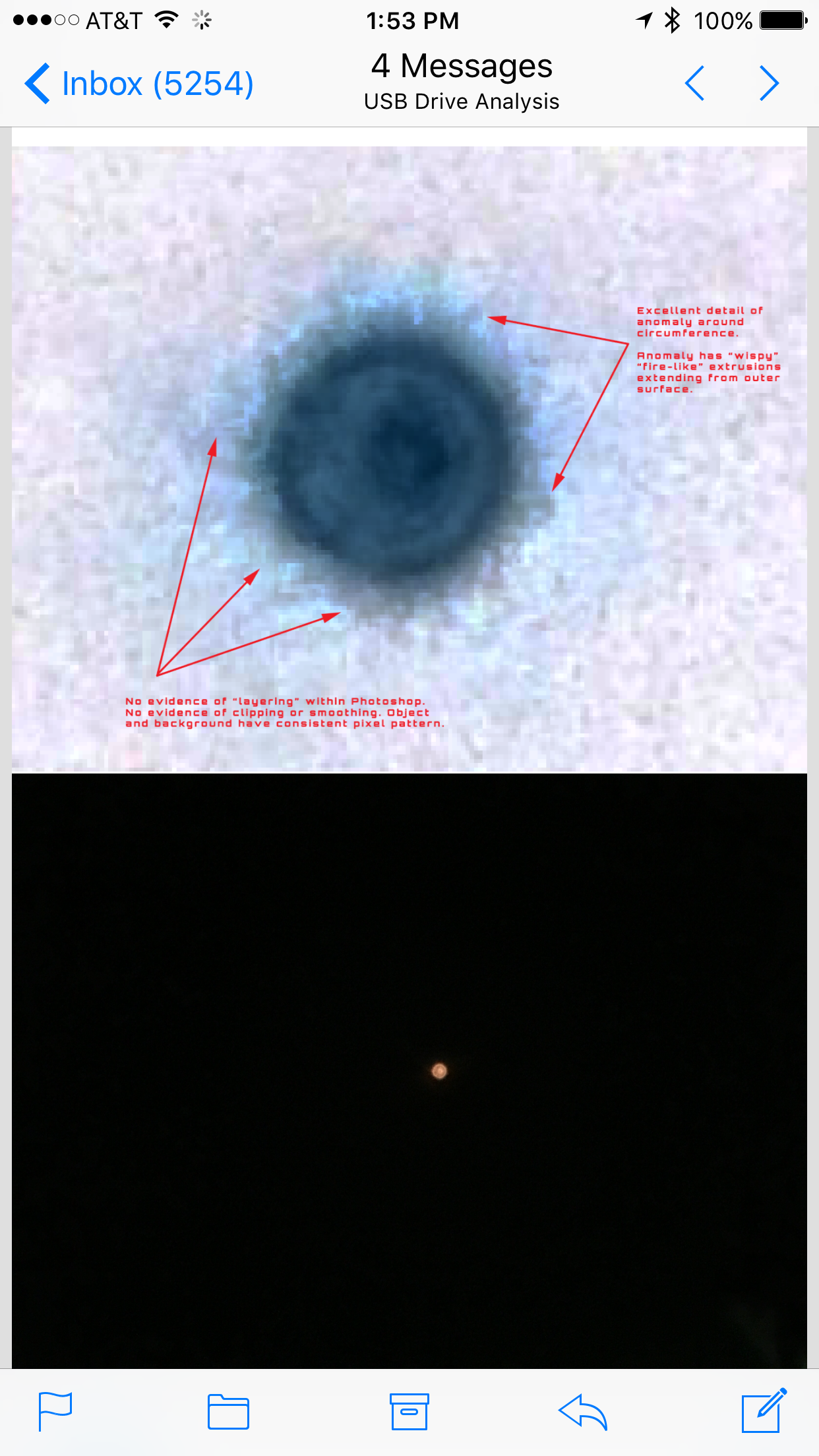
Generate New Template
I am NOT a legal scholar. Rather, I had a chat with ChatGPT to try to understand the requirements of obtaining police incident reports in Virginia via FOIA, as well as what is typically redacted. Here’s what I learned:
Completing a foia request:
Requests need to be reasonably specific. While the reporter may not have a priori knowledge of specific details of the incident(s) requested, an overly broad FOIA request on an individual can be seen as an unwarranted invasion of privacy. Furthermore, broad requests can often require many hours of research from the requester, thus considerably increasing time and costs (though costs may be waived for journalists).
Thus, is unlikely that the author simply issued a blanket foia request on Grusch, and may have received a tip about the incident.
Redacted information:
Personal Information: Information that describes, locates, or indexes anything about an individual, including numbers and symbols assigned to the individual, that can be used to describe, evaluate, or otherwise process or manage any information about the individual can be exempted. This might include names, addresses, and other identifiable information.
Mental Health and Medical Information: Medical and mental health records are typically protected by privacy laws. In Virginia, as in many other states, the Freedom of Information Act allows for the exemption of medical or mental health records when their release would be an unwarranted invasion of personal privacy.
Exceptions: A journalist might gain access to such records if:
The individual involved provides explicit consent.
The information is part of a larger set of records and cannot feasibly be redacted. This is rare, especially for sensitive health records.
The release of the information is deemed to be of overriding public interest, and this public interest outweighs the individual’s right to privacy. This would be an exceptional circumstance.
Additional Protections: Apart from state privacy laws, federal laws such as the Health Insurance Portability and Accountability Act (HIPAA) provide additional protections for personal health information. Violations of such protections can result in significant penalties.
My interpretation: Based on this, it would seem that it would’ve been difficult for a journalist to obtain this report without reasonably specific knowledge to include in the request. Moreover, personal identifying Information (PII) (such as Grusch’s address) should have been redacted, but this would not matter if the journalist already had the PII. The details of the mental health component should definitely have been redacted, thus rendering the reporter’s claim that all of the MH details were found through the FOIA request to be likely false.
Edit: improved formatting
submitted by /u/E05DCA
[link] [comments]